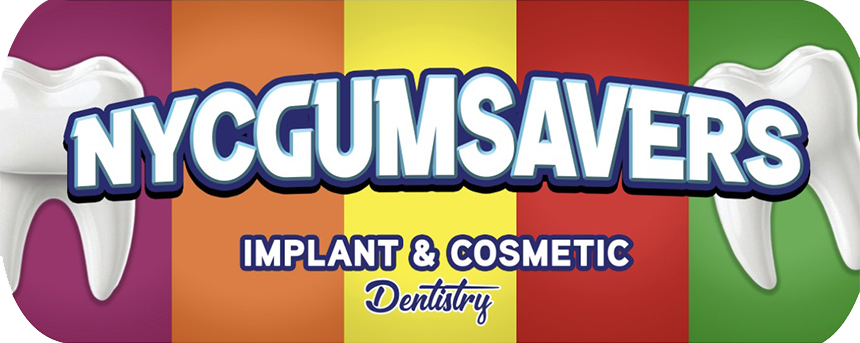Are you experiencing pain or discomfort when you open or close your mouth, accompanied by chronic headaches or neck pain? You may be dealing with a temporomandibular joint (TMJ) disorder. At our dental office, we're here to help you understand TMJ disorders and how we can assist in managing your symptoms.
According to the American Dental Association, TMJ disorders are a common source of chronic facial pain and jaw dysfunction, affecting an estimated 10 million people in the United States. These disorders involve problems with the joints that connect your lower jaw to your skull, as well as the muscles, ligaments, and tendons that help you chew, speak, yawn, and move your jaw in various ways.
The Complexity of Your Jaw Joints
Your TMJ is a unique joint with both hinge-like movements and sliding motions. It's composed of two temporomandibular joints that connect the left and right sides of your lower jaw to the temporal bone in your skull. These joints, along with their surrounding tissues, work together to enable all kinds of oral functions. Unfortunately, this complexity also makes TMJ disorders difficult to diagnose and treat.
Types and Symptoms of TMJ Disorders
TMJ disorders can be classified into one or more of the following categories:
- Myofascial pain- This refers to pain in the area around your jaw joint, often caused by increased muscle tension and spasm.
- Internal derangement- This involves displacement of the disc within the joint, jaw dislocation, or trauma to the condyles of the jaw.
- Degenerative joint disease - Arthritis affecting the TMJ.
Risk factors for developing a TMJ disorder include long-term teeth grinding or bruxism, jaw injuries, and certain types of arthritis such as rheumatoid arthritis and osteoarthritis. Symptoms can vary greatly from person to person but may include earaches, tinnitus (ringing in the ears), headaches, back and neck pain, dizziness, muscle spasms, joint tenderness, jaw pain, popping or grating sounds with jaw movement, jaw locking, and limited jaw movement. For some individuals, a TMJ disorder can be resolved relatively quickly, while for others, it may persist despite extensive treatment.
Restoring Comfort and Oral Health
Although dealing with a TMJ disorder can feel frustrating, there is hope. At our dental office, we provide the diagnostic tools and care needed to help individuals with TMJ problems find relief and regain normal function. We offer personalized treatment plans based on each patient's specific needs, which may include occlusal adjustments, oral appliances such as night guards, restorative or orthodontic care. Our ultimate goal is to eliminate pain and restore proper jaw function.
If you suspect that you might be suffering from a TMJ disorder, don't hesitate to reach out to our dental office for guidance and support. We're here to help you navigate this challenging issue and work towards a more comfortable and functional smile.




